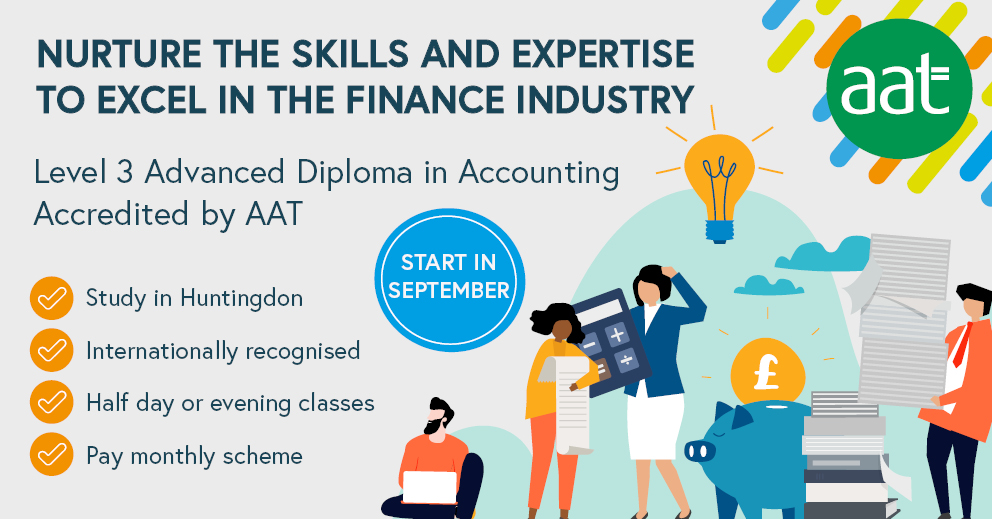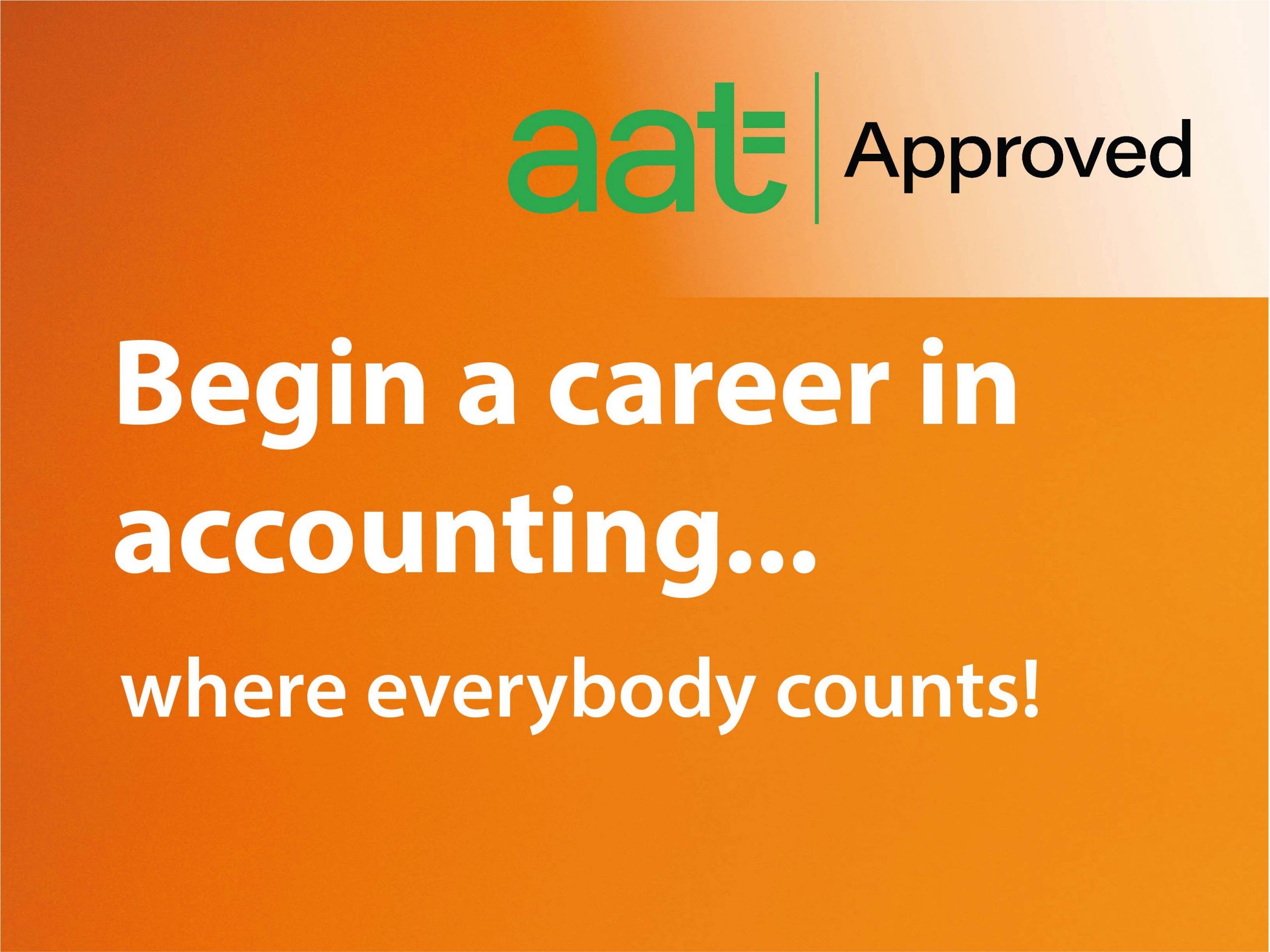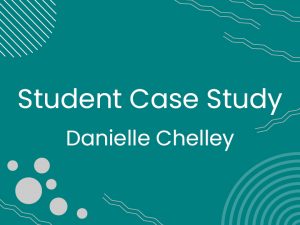AAT Level 3 Diploma in Accounting
Subject: Accounting and Bookkeeping
Awarded by the Association of Accounting Technicians (AAT), the AAT Level 3 Diploma in Accounting is the intermediate level of the internationally recognised AAT qualification.
Why Choose the AAT Level 3 Diploma in Accounting?
If you've completed the AAT Level 2 Certificate in Accounting or have a solid foundation in manual double-entry bookkeeping, this course is designed for you. Dive into advanced accounting tasks, including maintaining cost accounting records and preparing comprehensive income statements, reports, and returns.
Boost Your Career Prospects
The AAT accounting course is globally respected, opening doors to lucrative career opportunities and recognition by employers worldwide. As a student member of the Association of Accounting Technicians you will have access to a wealth of e-learning resources, interactive forums, valuable networkinghttp://www.aat.org.uk/ opportunities, and practice assessments.
Key Facts
- Attendance: Half-day/evening classes or online learning with tutor support.
- Duration: One year.
- Next start date: The next classroom attendance starts in January 2026 or September 2026. Online learning students can start at anytime.
- Location: Classroom lessons are held in Godmanchester, near Huntingdon.
Course delivery details:
| Location | Attendance Options | Day | Time |
| Godmanchester (Near Huntingdon) | Half-day release (am) | Thursdays | 9:15am-1pm |
| Online Learning with tutor support | No college attendance required, start anytime | n/a | n/a |
Entry Requirements
Whilst there are no formal academic entry requirements to undertake the AAT Level 3 Diploma in Accounting, competency in manual double-entry bookkeeping as well basic maths and English skills are necessary.
Please note: As our courses include online learning components, students are required to have access to a PC or laptop with a reliable internet connection.
Course Content
The Level 3 Diploma in Accounting covers a range of essential and complex accounting tasks, including maintaining cost accounting records and the preparation of reports and returns. Students will learn and develop skills needed for financial processes, including accounting principles and concepts, advanced bookkeeping and preparing financial statements. They will also understand the business environment, technology used in finance and accounting, business issues regarding payroll and value added tax (VAT) (which may be known by another name in other countries), issues in business, management accounting techniques, ethical principles and sustainability considerations for accountants.
This accounting qualification has two study method options: classroom lessons or online learning, both with regular tutorial support. In addition to your classroom/online learning, students will be expected to study for an additional eight hours per week.
The following four units will be studied:
Financial Accounting: Preparing Financial Statements
This unit provides students with the skills required to produce statements of profit or loss and statements of financial position for sole traders and partnerships using a trial balance. In employment, students may be required to prepare a portion of, or all, the final accounts and this unit will give them the theoretical knowledge needed to complete that task. It will also allow them to understand how final accounts have been produced, either manually or automatically through use of accounting software.
- Legal requirements and preparation of partnership accounts, showing division of profits after adjusting for interest on capital, interest on drawings and any salaries due to each partner.
- Preparation of final accounts for partnerships and developing skills in restructuring accounting information.
- Preparing final accounts for sole traders, including the accounting treatment required to incorporate accruals and prepayments, provision for depreciation, irrecoverable debts and allowance for doubtful debts.
Tax Processes for Businesses
This unit explores tax processes that influence the daily operations of businesses and is designed to develop students’ skills in understanding, preparing, and submitting Value Added Tax (VAT) returns to HM Revenue and Customs (HMRC). The unit provides students with the knowledge and skills that are needed to keep businesses, employers and clients compliant with laws and practices that apply to VAT and payroll. Students will learn about legislation and the importance of maintaining their technical knowledge through monitoring updates. For VAT, students will understand the registration and deregistration rules, including signing up for Making Tax Digital (MTD), and the rules relating to specialist VAT schemes. Students will be able to recognise different types of supplies and calculate VAT correctly, understanding the importance of the rules relating to the recovery of input VAT and the sanctions and penalties for inaccuracies, omissions and failure to make submissions and payments within the correct timescales.
- Understanding current VAT regulations and building your knowledge of VAT registration requirements, different VAT schemes available, penalties for non-compliance and the different types of classification of supplies.
- Performing the calculations needed to complete a VAT return.
- Submitting completed documentation in a timely manner while maintaining an effective working relationship with the relevant tax authority.
Management Accounting Techniques
This unit provides students with the knowledge and skills needed to understand the role of management accounting in an organisation, and how organisations use such information to aid decision making. Students will learn the principles that underpin management accounting methodology and techniques, how costs are handled in organisations, and why organisations treat costs in different ways. Students will be able to recognise different approaches to management accounting and provide informed and reasoned judgements to guide management. They will also learn how to apply these principles and appreciate why effective management accounting is crucial to any organisation.
- Identifying why cost accounting is an important tool for an organisation.
- Different approaches to cost accounting and making informed and reasoned judgements to guide management and help decision making.
Business Awareness
This unit provides students with an understanding of the business, its environment and the influence that this has on an organisation’s structure, the role of its accounting function and its performance. Students will examine the purposes and types of businesses that exist, and the rights and responsibilities of key stakeholders. Students will learn what the micro- and macro-economic environments are and the impact and influence that changes in these environments can have on performance and decisions. This will include an understanding of the basic business law relating to the preparation of financial statements for different types of entities. Students will learn about the concepts of risk, types of risk and risk management for a business.
- Preparation of final accounts for sole traders, developing your understanding of accounting systems and the environment and principles under which organisations operate.
- Accounting adjustments and accounting for fixed assets.
Assessment
Computer based exams will be undertaken. As we are an AAT accredited exam centre these exams can be taken at College without the need to travel to an external exam centre.
Course Fees
£2,573
Awarding Body Fees*:
Payment for AAT membership, exam fees (approximately £472*) and textbooks (approximately £33 per unit) will also be required.
* these are payable by all students or employers and are recharged at cost and subject to change.
Course fees must be paid in full before the beginning of the course. A loan scheme is available, details can be found below.
CAW Loans2Learn
The CAW Loans2Learn scheme is a personal loan that can help you to spread the cost of the course into manageable payments over a period of up to 5 years. The loan can be used to fully or partially cover the course fees (but does not cover any awarding body fees, such as enrolment and examination fees). More information can be found here.
 LOAN CALCULATOR
LOAN CALCULATOR
The current rate of interest for a CAW Loans2Learn is 9%. Click on the calculator icon to calculate your monthly repayment options based on different repayment term lengths.
Sources of financial help can be found on our student finance page. Before making any financial decision it is recommended that you seek advice from an independent source, for example the Money Advice Service.
If you have not achieved your qualification by the planned end date detailed in your individual learning plan, continued support and course access is available by paying monthly direct debit payments, or applying for a supplementary or increased loan, until certification is achieved.
These are current figures and may be subject to change. The differences in course fees reflect the level of funding that is available as a result of government policies and priorities. These may be as a result of age, employment status, previous education achievements, or location for example, and are outside the control of CAW Business School (The College of Animal Welfare Ltd).
What Next?
After completing the AAT Level 3 Diploma in Accounting qualification, you will have the opportunity to apply for the AAT Level 4 Diploma in Professional Accounting course.
The Level 3 AAT qualification will allow you to work in a variety of roles, such as:
- Assistant Accountant
- Accounts Payable Clerk
- Credit Controller
Testimonials
Click for more
Click for more
What our AAT students say…
We asked our students what aspects of their AAT course they have most enjoyed. Here are some of the things they had to say!
- “Learning new skills, socialising with people within a similar field of work and with similar goals”
- “I have really enjoyed the classes and follow up activities for homework. The resources are very good”
- “Manageable sections. Broken down so not overloaded with information”
- “Good tutor making a hard subject easy to understand with good examples”
Full Course Brochure
Enter your details to download the full course brochure. We'll email you with information about the course.
You can unsubscribe at any time. We respect your privacy and handle your data with care. Please see our privacy policy.




